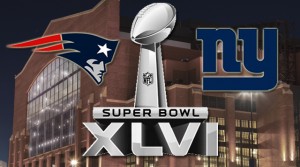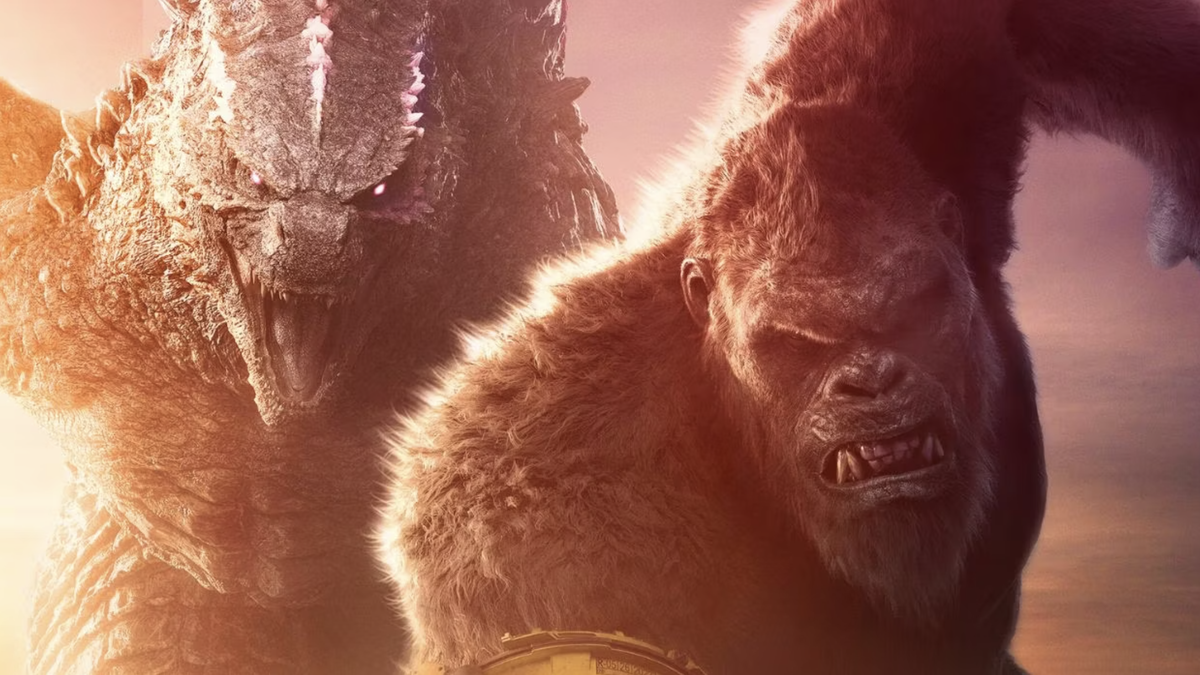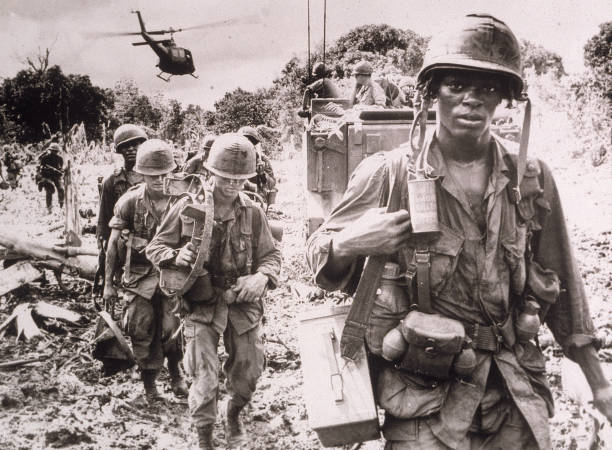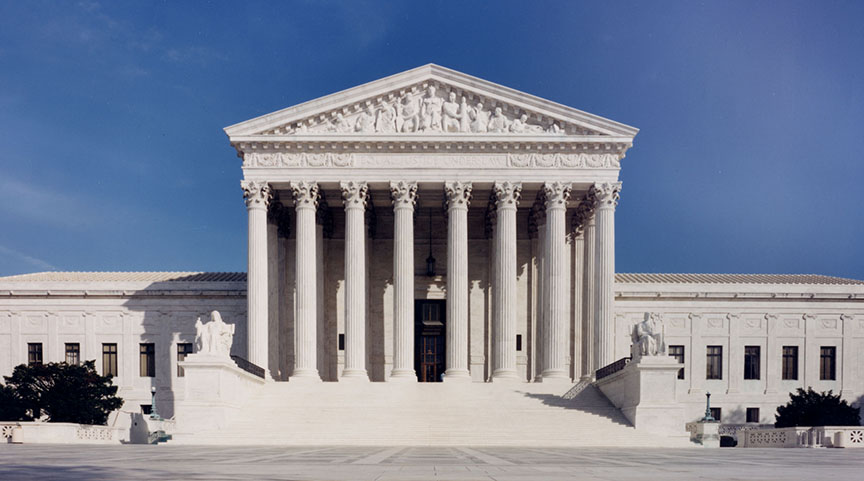(ThyBlackMan.com) The media attention that surrounded Super Bowl XLVI proved once again that while baseball may be “America’s Favorite Pastime”, the sport of football is undisputedly America’s national religion. The National Broadcasting Corporation (NBC) reported the February 5 game between the New York Giants and New England Patriots drew a record 111.3 million viewers, making it the most-watched television program in U.S. history. Interestingly, on Sunday, January 22, the last day of football immediately preceding the title game, the NFC Championship victory of the New York Giants over the San Francisco 49ers attracted 57 million viewers, an audience roughly eight and a half times larger than the paltry 7 million viewers and 1 million viewers garnered that day, respectively, by the two most popular Christian televangelists in America, Joel Osteen and Pat Robertson, according to a Nielsen survey.
So it is no wonder that almost six weeks after the frenzied celebration of our national holiday, dubbed “Super Bowl Sunday”, our friends and co-workers still recount every detail of the commercial advertisements aired during the broadcast, and the drama of the Giants’ Ahmad Bradshaw crossing the goal line in the final minute of the game to lift New York to victory, but cannot recall the subject of the sermon at church service that morning. Such was the media maelstrom and religious experience known as Super Bowl XLVI.
But amidst all the hype, an unpleasant truth about the relationship between American football and American culture remains. As a Black professional, I recognize that U.S. football, and especially the Super Bowl, is less a game than a ritual; a public, commercialized stage play that incorporates and reinforces a racist narrative about American history and society.
No one can deny that the current organization of the National Football League (NFL), with its wealthy White owners and coaches handing down orders (plays) to lean, often photogenic White quarterbacks charged with “leadership” on the field, who in turn relay instructions to burly Black  fullbacks and nimble Black wide receivers valued solely for their muscular physique or speed, is reminiscent of the dynamic of a 19th century U.S. cotton plantation, and brings to mind America’s ugly history of chattel slavery. Moreover, intrinsic to the on-field action of the sport, as currently organized, is a subtle and unseemly parody of the racially segregated American workforce of the 1950’s, 60’s, and 70’s (the legacy of which is still felt in corporate America today), with the implication that Black men are properly employed in menial, physical labor while supervised by White men in more prestigious roles.
fullbacks and nimble Black wide receivers valued solely for their muscular physique or speed, is reminiscent of the dynamic of a 19th century U.S. cotton plantation, and brings to mind America’s ugly history of chattel slavery. Moreover, intrinsic to the on-field action of the sport, as currently organized, is a subtle and unseemly parody of the racially segregated American workforce of the 1950’s, 60’s, and 70’s (the legacy of which is still felt in corporate America today), with the implication that Black men are properly employed in menial, physical labor while supervised by White men in more prestigious roles.
Few would argue that the game of American football has not bred Black men to be bigger, stronger, and faster than their competition over the decades, a physicality cultivated by countless hours spent sprinting and weight lifting — from their earliest Pop Warner football league days through high school and beyond – in much the same way 19th century American slaveholders bred their African captives for strength and endurance as a measure of future productivity in the cotton fields of southern plantations. To carry the slavery analogy further: education is not a top priority in high profile, successful high school and college football programs; for Black athletes, hours of physical conditioning often come at the expense of educational attainment, thereby contributing to poverty and disenfranchisement among those players never drafted into the NFL, who comprise a vast majority. The intellectual development of Black adolescents engaged in the sport of American football does not keep pace with their physical development, and over time, negative academic and life outcomes for these young men can be proportionate to the amount of time they invested in the sport of football.
We have all heard stories about star high school athletes whose lives and careers peaked in high school – stories about small town football heroes who never went to college and opted instead to pump gas for a living at the local petrol station. Sadly, such stories are so common as to be an American cultural cliché.
The traditional role of the quarterback as the “leader” of an American football team who is given charge of the other players and responsibility for executing the coach’s plays on the field, as well as his often “central casting” good looks, are not incidental; these are rather very important aspects of the modern ritual of the game. The cultural significance of the NFL quarterback is unique and unrivaled in American professional sport, made all the more so by a television broadcast media that has shaped America’s collective notion that an ideal quarterback should have blonde hair and blue eyes. Besides the subtle mimicry of the job of a cotton plantation overseer, the White quarterback uses the celebrity afforded him by the prominence and prestige of his on-field role to sell sneakers, cereal, energy drinks and dozens of other products to a market of consumers conditioned to idolize White professional quarterbacks. It is not clear there is a receptive consumer market among NFL fans for products endorsed by Black quarterbacks; in fact, as of this writing, there are fewer than 20 African American quarterbacks in the entire league, none of whom have inked lucrative corporate endorsement deals.
The iconic image of the White quarterback, in the mold of Joe Montana, Joe Namath, or John Elway, has become deeply ingrained in the American psyche, so much so that this image has influenced public perception of what a leader in any American organization should be. The insidious idea that “America’s team” is never led by a person of color, neither on the football field nor in the boardroom, has been confronted by every Black professional and executive in corporate America, and became a central tenet of America’s corporate culture in the twentieth century thanks in no small part to the Sunday afternoon ritual of American football.
Filmmaker Oliver Stone explores the racial dynamics of the NFL in his groundbreaking 1999 film Any Given Sunday. The movie depicts the drama that ensues after celebrity White quarterback “Cap” Rooney (played by Dennis Quaid) of the fictional Miami Sharks is injured during a game and later replaced by a talented third-string Black quarterback named Willie Beaman (played by Jamie Foxx). In Stone’s movie, interpersonal relationships in the Miami Sharks organization are strained by Beaman’s success in a role normally reserved for a White player : the Sharks’ White coach (played by Al Pacino) struggles to befriend Foxx due (in some part) to his own racial attitudes, and Black and White players alike rebel due (it is hinted) to years of being conditioned to follow and obey a White quarterback. Stone also explores the theme of the exploitation of Black men by the NFL throughout the film; he includes a scene that subtly implies Willie Beaman can’t read, and later in the film, another Black player, after suffering a career-ending, life-threatening injury, risks his life to play in a post-season game in order to earn one last bonus check and secure a temporary livelihood because, in his words, “Football’s my life, Coach, my life. It’s all I know how to do.”
Perhaps worse still is the image of Black men in American professional football. Conservative commentators and pundits have delighted in the outlandish appearance of Chad Ochocinco, savored news of Plaxico Burress’ gun-toting escapade in a New York nightclub, and openly laughed at Michael Vick’s legal woes after he was jailed on charges of illegal dog fighting. Black football players have provided no dearth of tales of scandal and criminality to be exploited by people who look to American football to confirm racist stereotypes. The NFL’s lack of Black role models stands in stark contrast to those provided by Major League Baseball (MLB) and the National Basketball Association (NBA): Jackie Robinson was a model citizen when he single-handedly integrated major league baseball in 1947, and today, Michael Jordan is known as a successful CEO and philanthropist as well as one of the most dominant professional basketball players in the history of the sport.
While I admire the athleticism and dedication of Black NFL athletes, I recognize that American football holds a perverse attraction for some of its fans due to the racist subtext of the sport both on and off the field. For some, the cultural phenomenon of televised Sunday NFL games has served to bolster a racist narrative about American society that has trickled down into our schools and communities. Perhaps when a greater number of African Americans assume quarterback roles, achieve celebrity status as quarterbacks, and are idolized by American schoolchildren of all races, I will learn to like football. But until then, the season tickets I purchase will be for baseball season.
Staff Writer; David Christopher Steele, M.A.
Official website; http://www.facebook.com/steele.dave88
















Leave a Reply